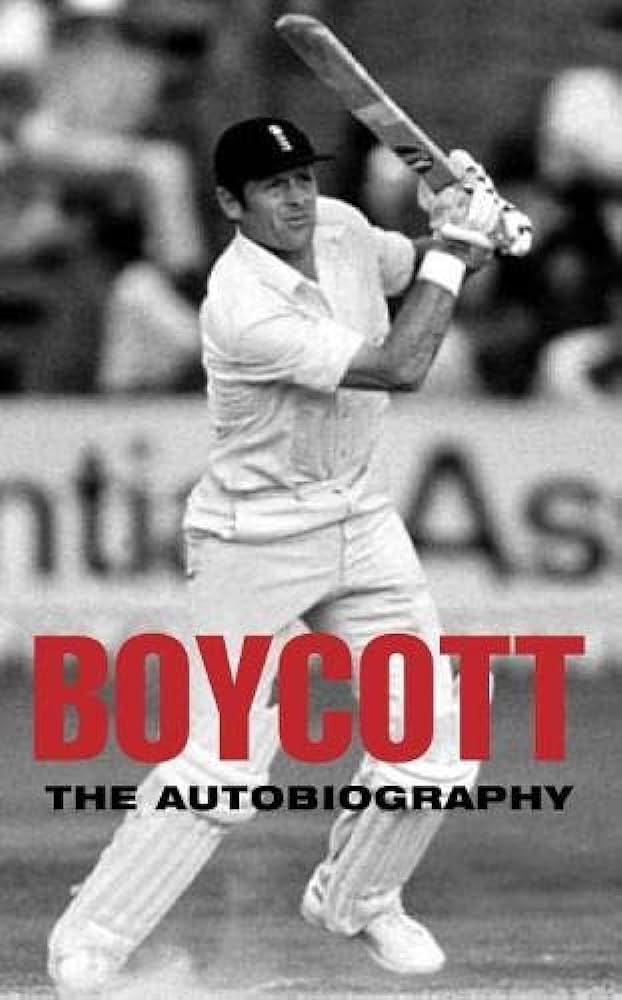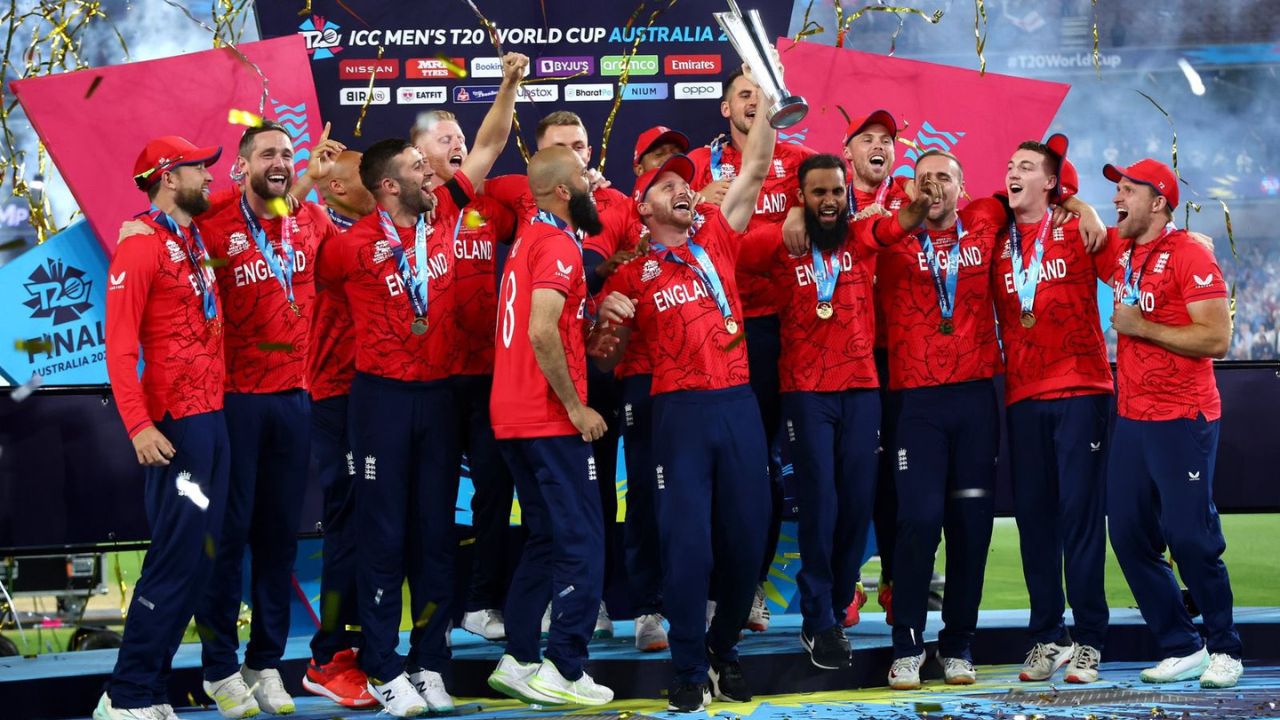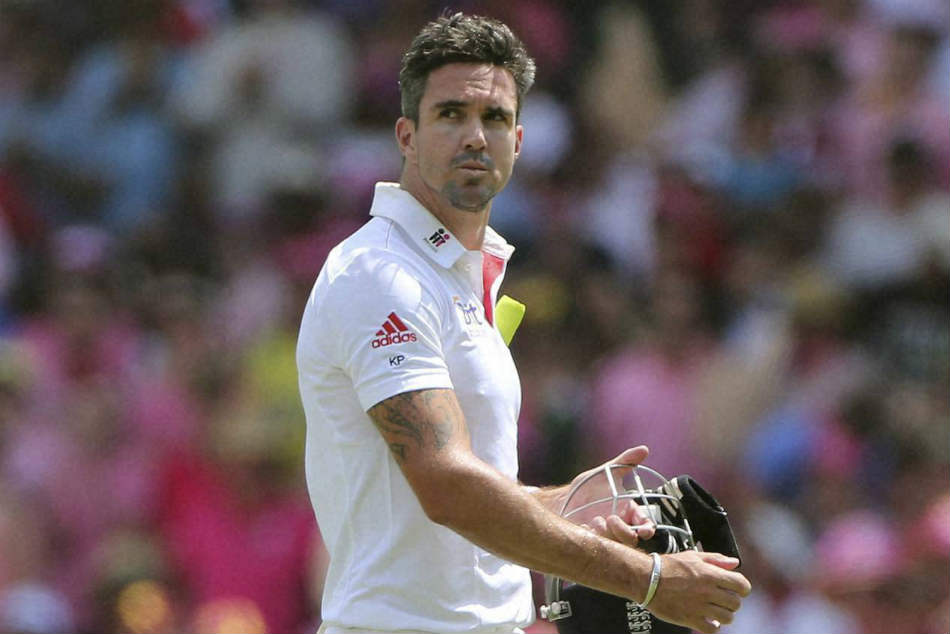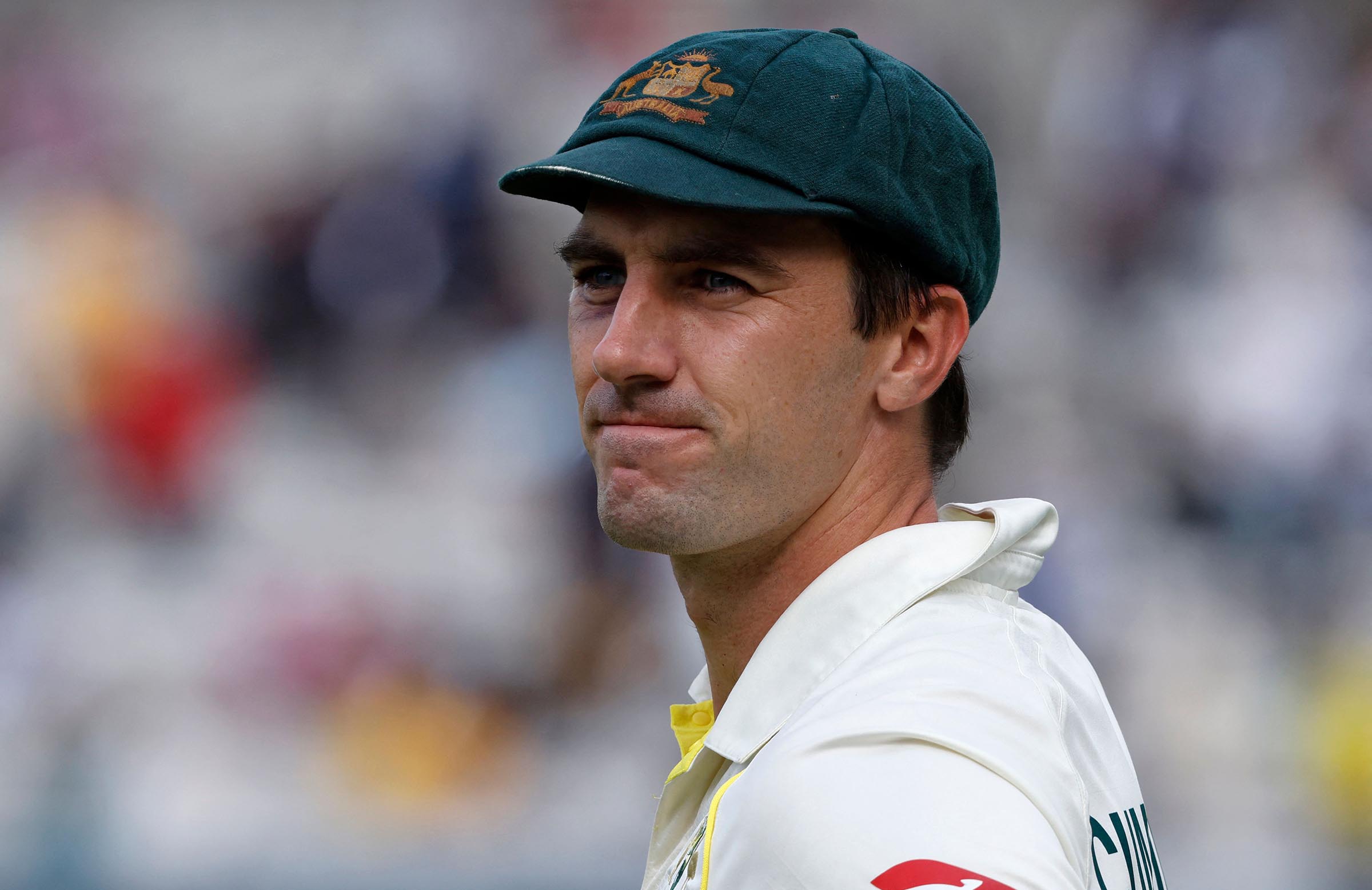This and a series of blogs will be about Boycott’s autobiography. First, Geoffrey Boycott Autobiography Chapters 1 & 2.
Geoffrey starts with an apology. He apologises to everyone who may have become his adversaries because of his forthrightness. He once walked past his mother without even looking at her because he was thinking about the game the earlier day. People around him, in his early years, told him that he wasn’t good enough to play the game. It hardened him and he had a determination to create a hard outer shell and stay focussed. He has always remained focussed during his playing years. He was able to shut out all the noise and the chirps from the fielders and was able to concentrate on his batting. Fred Perry, the tennis player, had an early influence on Boycott. During a tour of the West Indies, he told Boycott to remain focussed and have a selfish mindset to become successful.
The child Emma
He did not like the concept of marriage and children because he feared that that would put him off on his pursuit. He feared that marriage and children would take his concentration away from his batting and he may never be able to fulfil his desire. However, he had a child with his girlfriend, Racheal. They named the child Emma but both the mother and the daughter lived in a far-off area where the girl child was 8 years old when Boycott finally got to know her. It took a further 3 years for his daughter and Rachel to stay with Boycott.
Boycott also reveals that his girlfriend Rachael played a big part in healing a rift he had with the excellent English fast bowler, Fred Trueman. Boycott’s first experience of watching Fred Trueman was in a game against India who was reduced to 0-4. He was terrifying with the perfect action. Later he played against Fred in the Yorkshire nets where teenagers were invited to play alongside the seniors. Trueman bowled quickly and discovered that Boycott had a good defense but lacked strokeplay.
Fred & Boycott fallout
Fred and Boycott had a fallout because Fred was on the committee that sacked Boycott in 1983 from the Yorkshire team. It split the club when members rose up to overthrow the cricket committee and reinstate Boycott. Until then, GB had played for the club for 20 years and performed well in 1983. He was their top scorer. Yet, he was dropped from the squad. This angered the members of the club who passed 3 resolutions. Sign up Boycott for one more year, a vote of no confidence on the cricket committee and on the general committee. Fred had to resign and in the elections that were held, he lost to an unknown despite his legendary status. This proved to be the last straw and from then on, Fred held Boycott responsible for his embarrassments. From then on, Fred ridiculed Boycott to anyone and everyone he talked to.
In 2000, GB was approached by Sunday People to be their cricket correspondent. He was to replace Fred. He declined because Fred wasn’t aware that GB would replace him and did not want Fred to blame him for losing his job. Things improved when Rachel persuaded GB to write a card to Fred for his 70th Birthday. Fred was moved by this letter and eventually reconciled with GB.
Other disputes
Unlike the reconciliation with Fred, there were others in Yorkshire with whom Boycott could never reconcile. Richard Hutton and Bob Appleyard. They both hated the sight of Boycott. Richard Hutton was the son of the legendary Leonard Hutton. He was good for county cricket but not for England. When it came to becoming the President of Yorkshire, Boycott was chosen ahead of Hutton. In a letter to the Yorkshire chairman, Hutton absolutely lambasted Boycott and gave several reasons for him to not become the President. He also played his card of being the son of a legendary cricketer and that he would help in finding a better President. In response, GB accused him of living off the family name and not doing anything by himself.
Yorkshire captaincy
Boycott’s only ambition during his childhood was to play for Yorkshire and captain the club. He would regret that later in his life because of endless squabbles with the club. He sacrificed 3 years of playing for England in trying to set things inorder at Yorkshire. Boycott started his career at Yorkshire under Brian Close. He studied Close’s way of captaining closely. Yorkshire’s objective is to win the County Championship that they hold so dear. The talk around the Yorkshire dressing room was always about winning. The County games during that period were over 3 days in which 20 wickets must be taken for a side to win.
Limited overs came later but Yorkshire did not take it seriously. Lancashire, their closest rival won several of these ODI tournaments which irked the Yorkshire board and they sacked their captain Close. Boycott who was away in Australia, was made the captain based on a majority vote. Just before Boycott travelled to Australia, Close promised Boycott that he would not resign and that he was looking forward to leading the team. However, the club members still decided to sack Close and appoint Boycott as the captain. In the meanwhile, Boycott had a successful tour of Australia.
Harrowing time at Yorkshire
Boycott undertook an inexperienced squad. The club did not invest in young players and was under the impression that they would be served a steady stream of quality cricketers. Children around Yorkshire were willing to play the game and as a result, the club became complacent. Moreover, the club is tradition-based. They did not allow anyone who was a non-Yorkshire player to play for the club. Around that time, the ECB allowed foreign players in County cricket and as a result, every other team invested in multiple cricketers. This resulted in them becoming an excellent squad.
As captain of the club, Boycott had to run the team on the field and organise everything off the field. Go to the bank, withdraw the match allowance and hand it over to the players before thinking about the game. Nowadays, every team has an array of backroom staff to help the captain. During those days, the captain will be pulled out from the field by the club selection committee to decide the team for the next game. Boycott stood against all of this. He also sought contracts for the players to the members which the members did not take it well. He sought a longer contract for every player so that they could play without worrying about their next pay cheque.
Boycott’s first season as captain was disastrous though his personal form was good. He was blamed for the poor performances of the club. It just did not matter how many runs Boycott scored, the county did not win too many games. Boycott decided to put his England career on hold and concentrate on Yorkshire for 3 years. He was eventually sacked from captaincy which also proved disastrous for the selection committee because the members decided to sack the selection committee itself.
Boycott about cancer treatment



